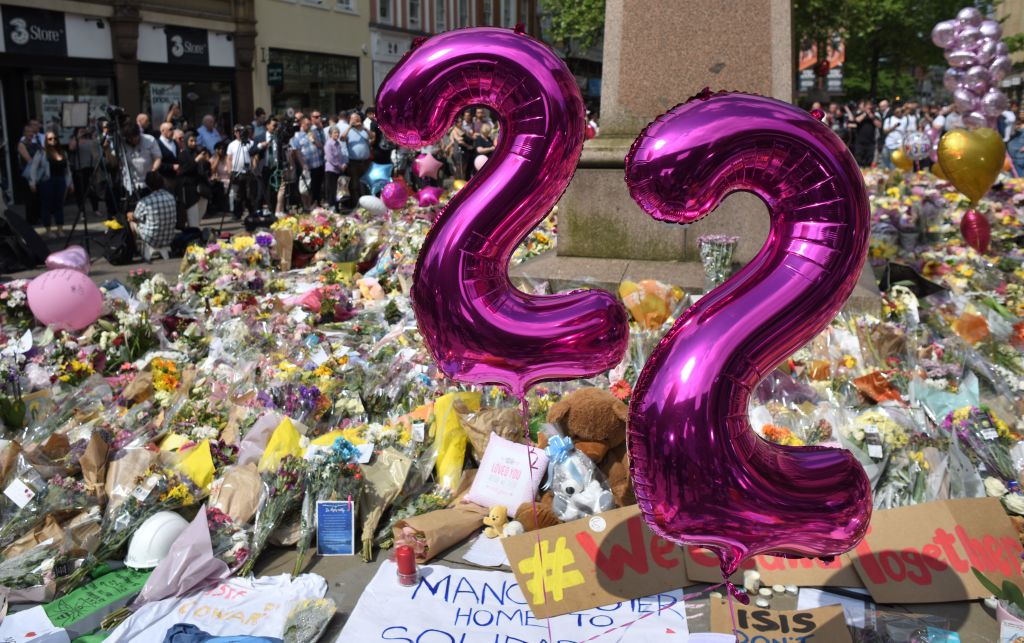Today’s report into the Manchester and London terror attacks makes for devastating reading, spelling out as it does the horrors of the murderous events in which 51 people lost their lives. The details are further daunting for making it clear just how great the threat facing Britain from Islamist terror continues to be. Much of the focus today though has rested on a question: could the attacks have been prevented? The answer is not clear but there are certainly reasons to think that at least one of the attacks could have been stopped.
While there is little evidence to suggest that the Westminster Bridge attack could have been thwarted, the same cannot be said for the Manchester Arena attack. Today’s report says:
‘Salman Abedi was a closed SOI (subject of interest) at the time of his attack, and so not under active investigation. MI5 nonetheless came by intelligence in the months before the attack which, had its true significance been properly understood, would have caused an investigation into him to be opened. It is unknowable whether such an investigation would have allowed Abedi’s plans to be pre-empted and thwarted: MI5 assesses that it would not.’
So while Abedi was not being investigated by the security services at the time of the attack, we learn that previously he had been deemed a sufficient threat to be watched more closely. This attention was due to culminate in a meeting scheduled for May 31st, nine days too late for the 23 people who lost their lives on the night of May 22nd. Whether things would have been different if this meeting had been held, we will never know.
In the years before the attack, Abedi’s name popped up in intelligence linking him to a supposed Isis figure in Libya. Most disturbingly, though, we learn that, earlier this year in the months before the bombing, ‘intelligence was received by MI5 whose significance was not fully appreciated at the time’. The report goes on:
‘It was assessed at the time to relate not to terrorism but to possible non-nefarious activity or to criminality on the part of Salman Abedi. In retrospect, the intelligence can be seen to have been highly relevant to the planned attack.’
This makes it clear that even when Islamist extremists are placed under the microscope of the security services, the nature of the game of cat and mouse being played out means there is no guarantee that this level of scrutiny can actually stop an attack.
This is also the conclusion drawn from closer inspection of Khuram Butt, one of the London Bridge murderers. Butt was the sole terrorist responsible for attacks in Britain this year to be under active investigation at the time of the atrocity. For almost two years he had been watched. In the end, these efforts proved fruitless. Although the investigation continued until the day of the attack, ‘it did not reveal the plans of Khuram Butt and his two co-conspirators’, the report tells us. This offers what is described as an ‘unpalatable lesson’: even when suspects are being watched, and even when ‘sound decisions’ are taken by police and MI5, terrorists can still keep their plans secret and carry them out with deadly consequences.
Other lessons have also been learned, according to the report, which says that one of the most significant changes now relates to the way in which intelligence will be shared with police and others in the hope of thwarting terrorists’ murderous desires. The report describes this as a ‘significant cultural change’. As such, it’ll take some time to assess whether this is a success. Yet even the suggestion throws up questions: how will this information be shared? how much detail will be given? for already-stretched police forces, will this actually pay off in practice?
What is certainly positive though is the view of David Anderson, the QC tasked with carrying out the report, of how the security services handled the review into whether things could have been done differently. ‘It has been known for large institutions to react to reviews by going through the motions, or digging defensive redoubts,’ he says. Not so on this occasion: ‘If such temptations existed on this occasion, they have up to this point been successfully resisted’.
Today’s report concludes by saying that ‘there is no cause for despair’. Most attacks are halted, and those responsible are put in prison for long periods of time. Yet this does not mean that ‘everything can be stopped’. In this way, the conclusions from this year’s attacks are largely the same as from other terrorist atrocities. Lessons can be learned, things could have been done differently but whatever changes are made, some terrorists will always slip through the net.







Comments